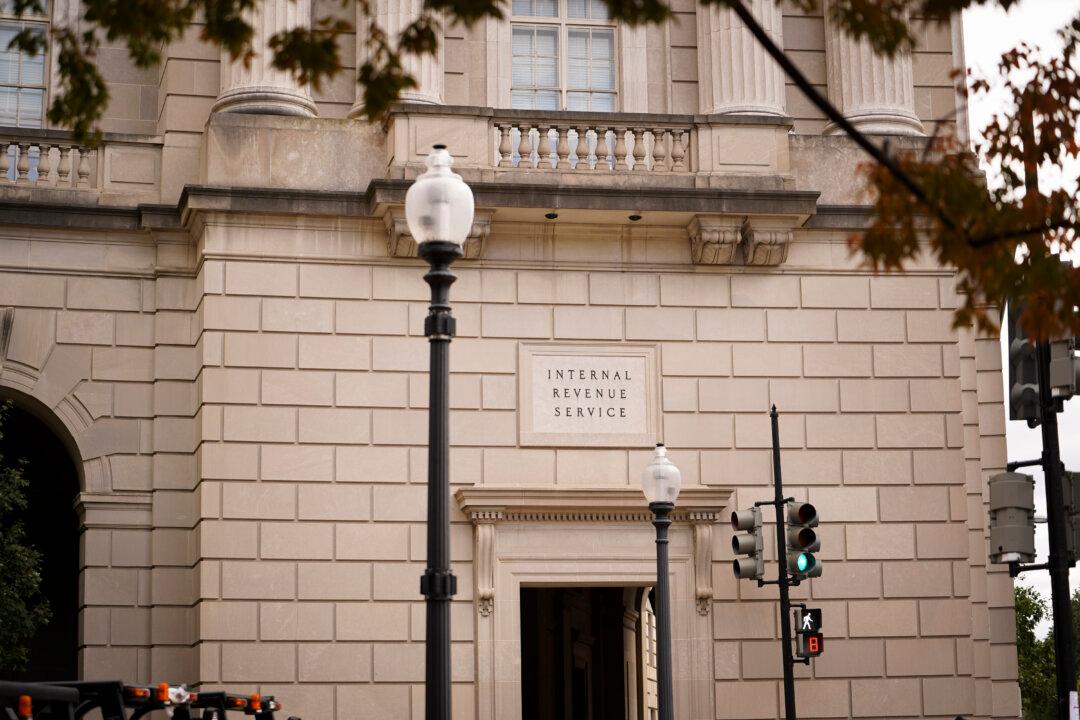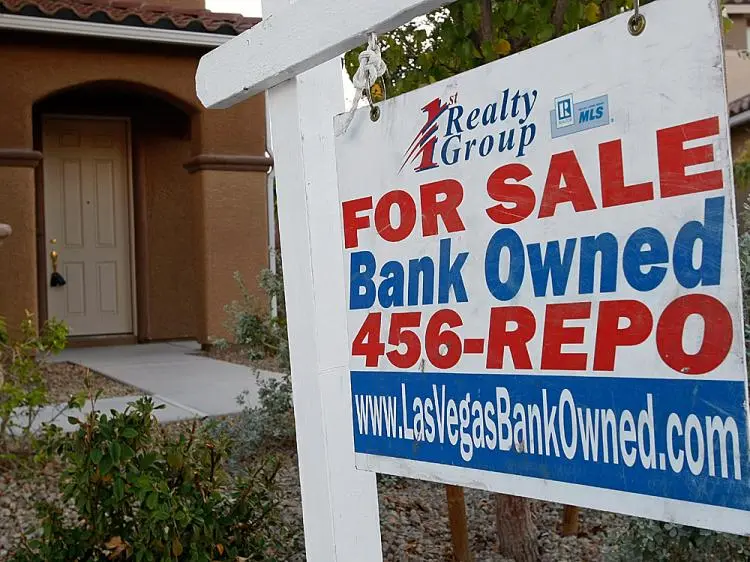The IRS alerted taxpayers who may be behind in paying their 2024 taxes that the deadline for making the fourth and final quarter estimated tax payment is on or before Jan. 15, 2025.
“Income taxes are pay-as-you-go, meaning taxpayers must pay most of their tax throughout the year in which their income is earned or received,” the agency said in a Jan. 15 statement. “Usually this is done by withholding tax from paychecks or by making quarterly estimated tax payments to the IRS (or by a combination of both).”





